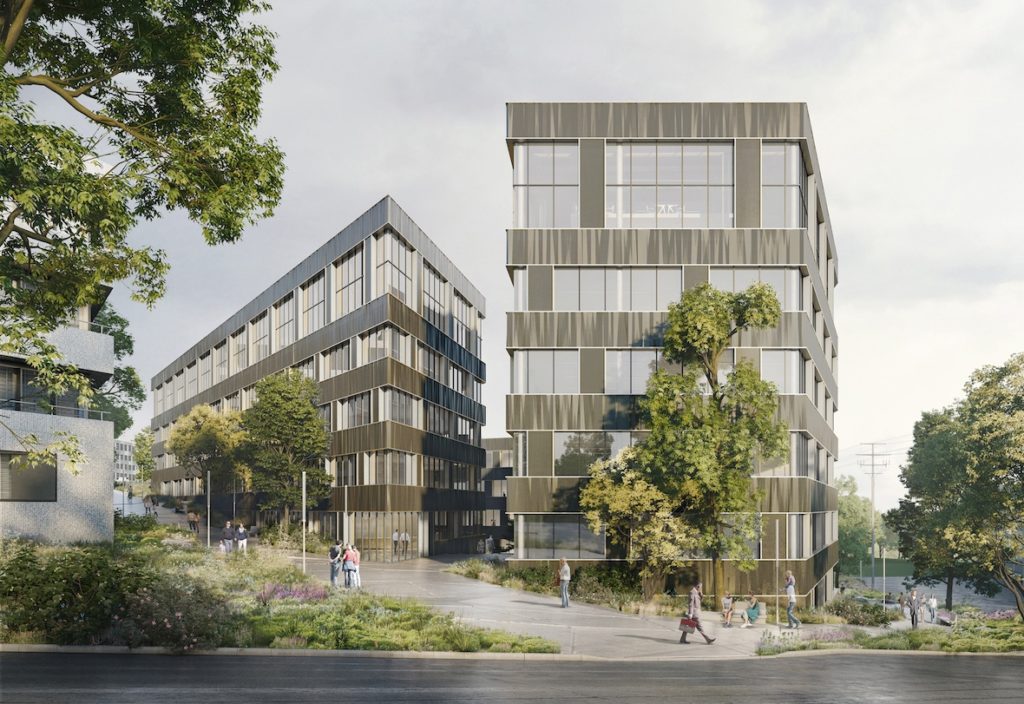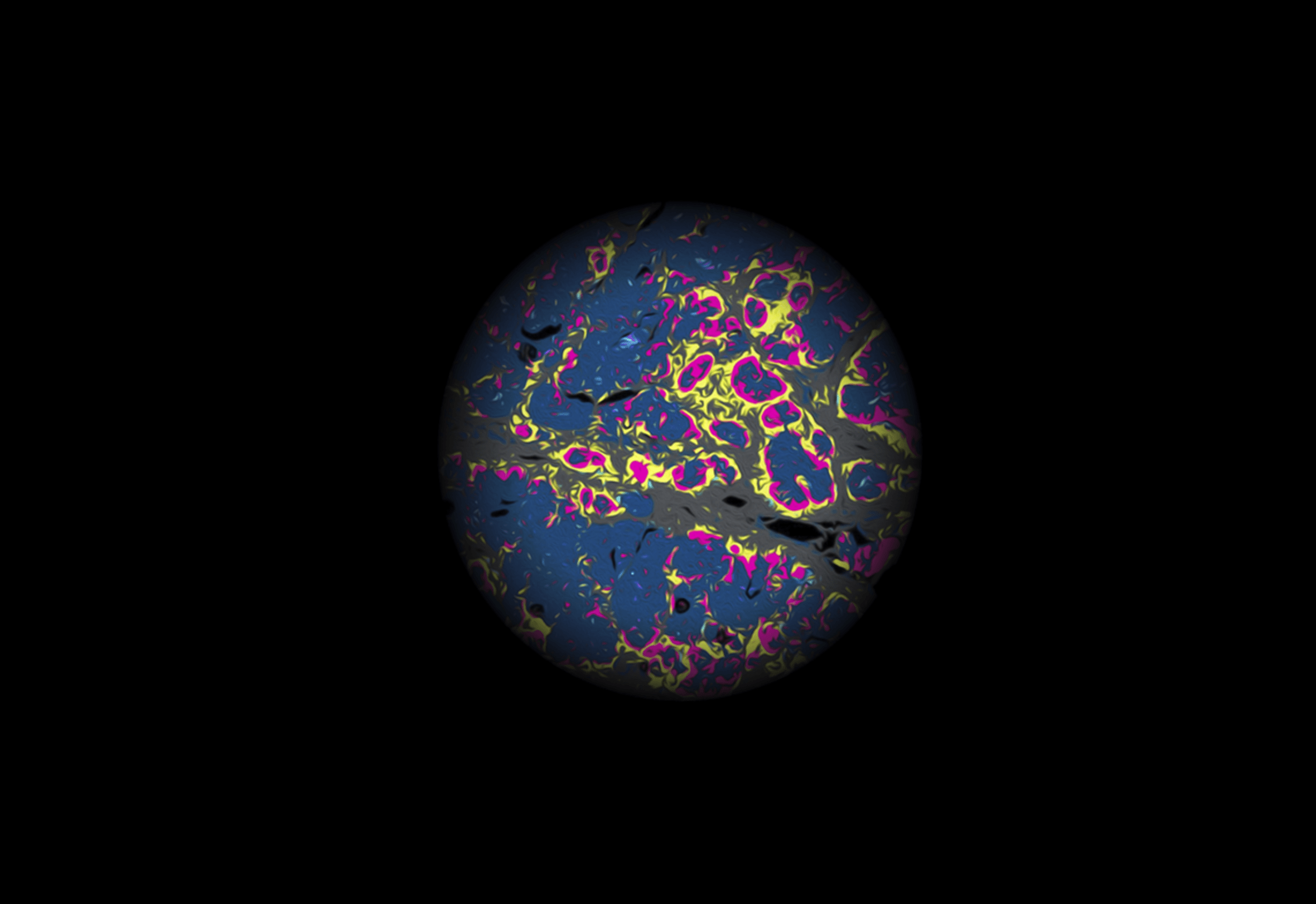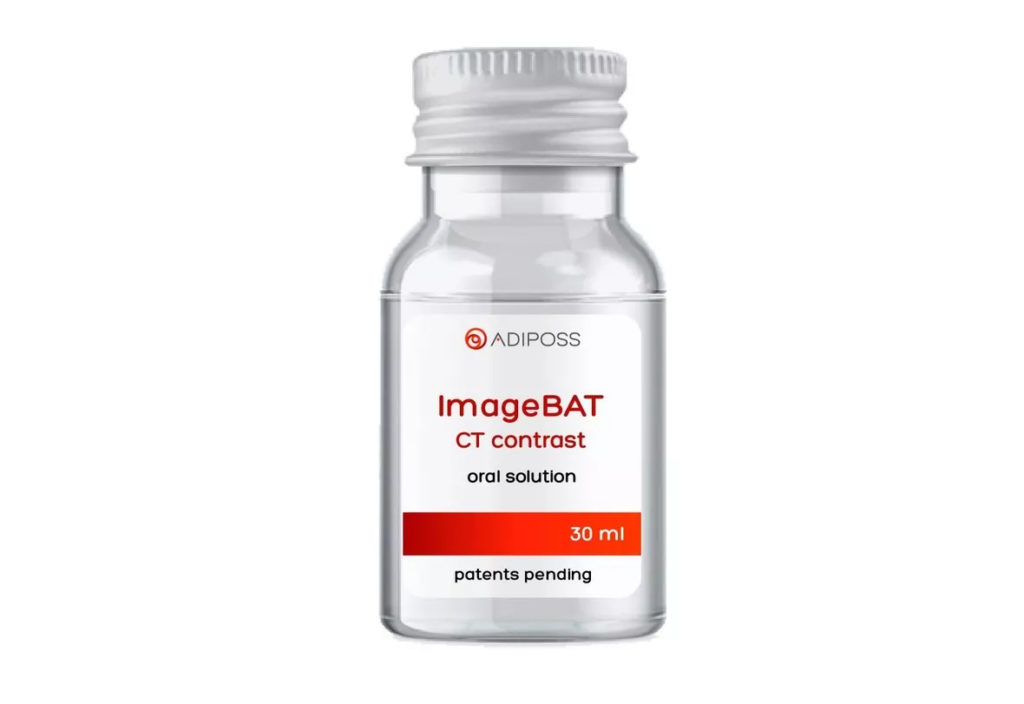
UNIGE researchers lead breakthrough in understanding tumor growth
8 August 2023
 This discovery provides insight into the complex ecosystem of the tumor microenvironment and offers a new perspective on the treatment of cancer, particularly in the field of oncology. | © UNIGE
This discovery provides insight into the complex ecosystem of the tumor microenvironment and offers a new perspective on the treatment of cancer, particularly in the field of oncology. | © UNIGE
A groundbreaking discovery by a team from the University of Geneva could pave the way for targeted cancer treatments by revealing how two key genes affect the progression of the disease.
Tumors don’t develop in isolation; they evolve in a complicated structure known as the tumor microenvironment. This system, comprising blood vessels, immune cells, and other cellular components, has a substantial influence on how cancer progresses in a patient, but its governing rules have been largely elusive.
A team from the University of Geneva (UNIGE) has identified the influence of two genes, CXCL9 and SPP1, on the tumor microenvironment. These genes are expressed by immune cells called macrophages and are found to accelerate or decelerate the progression of cancer.
The success of the study lies in a novel methodology. Instead of grouping together cells from different patients, the research team examined 52 head and neck tumors separately. This enabled them to compare the tumors and identify the expression of the CXCL9 and SPP1 genes as a critical factor governing tumor progression.
High expression of CXCL9 relative to SPP1 was linked to better clinical outcomes, as macrophages with more CXCL9 attacked cancer cells, whereas those with more SPP1 aided their growth. This antagonistic expression is known as macrophage “polarity,” and its implications reach far beyond the individual cells, influencing the entire tumor ecosystem.
Implications and perspectives
The study’s results present a coherent and relatively simple internal rule governing tumor microenvironments, a significant step forward in understanding the disease’s complexity. The observation of the ratio of this pair of genes can provide insights into the overall activity of the cells in the tumor microenvironment, offering the possibility of targeted treatments.
According to the researchers, the next phase of this groundbreaking work will focus on how to therapeutically interfere with these networks and tailor treatments to individual patients’ tumor characteristics.
The identification of these two critical genes by the UNIGE team not only opens new doors for personalized cancer treatment but also reaffirms the region’s status as a center of excellence in oncology research. Western Switzerland’s investment in innovation and collaboration continues to produce transformative results, promising a brighter future for cancer patients worldwide.

